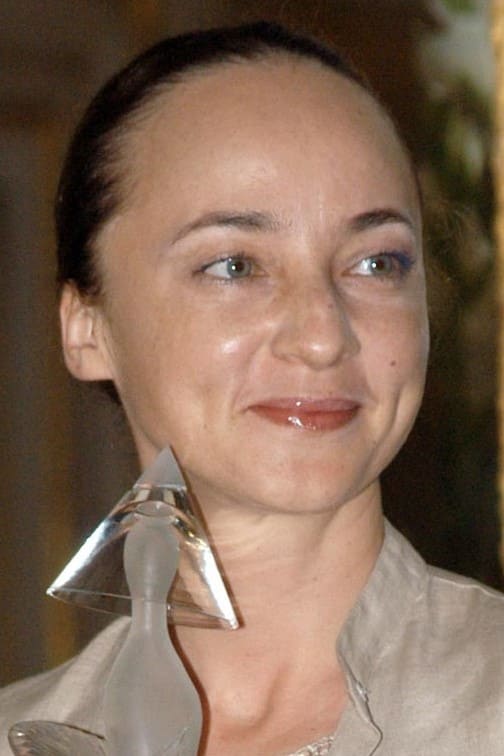

Autumn 1929. Lina, from the noble Golitsyn family, arrives on a date with her husband Georgy Osorgin, who is serving a prison sentence in the Solovetsky special purpose camp. Lina does not know that after she leaves the island, her husband will be shot. Osorgin received a terrible sentence after he, a deeply religious man, secretly brought holy gifts to the dying Archimandrite so that he could take communion before his death. The camp authorities took the Russian officer's word of honor from Osorgin not to tell his wife anything about his predetermined fate. Only on this condition did they agree to temporarily release him from the punishment cell for his last meeting with Lina. The spouses spend the precious three days allotted to them and feel happy in the most inappropriate circumstances. Osorgin says goodbye to Lina on the pier. When the ship becomes a dot on the horizon, the guards escort George back to the punishment cell, where he carefully dresses for his final journey.

Petersburg was swept by a wave of an unusual cultural movement: an unknown enthusiast organizes art events, trying to draw attention to forgotten monuments. This enthusiast is Mitya. He is 18. And he keeps a vow of silence. In the world of Mitya's ideas, everything is harmonious and understandable exactly until the energetic trickster Kowalski joins him with his girlfriend, the charming but dependent on him Polina. With new friends, the movement is rapidly gaining momentum: and now young people are already launching an ambitious campaign to save the old greenhouse building from demolition. But the further, the more complex the intertwining relationship within the trinity. And the spark that flared up between Mitya and Polina intensifies the already insoluble ideological dispute between the guys. When the rally on the day of the demolition finally gets out of control, Mitya will have to finally decide what is more important for him - people or monuments.
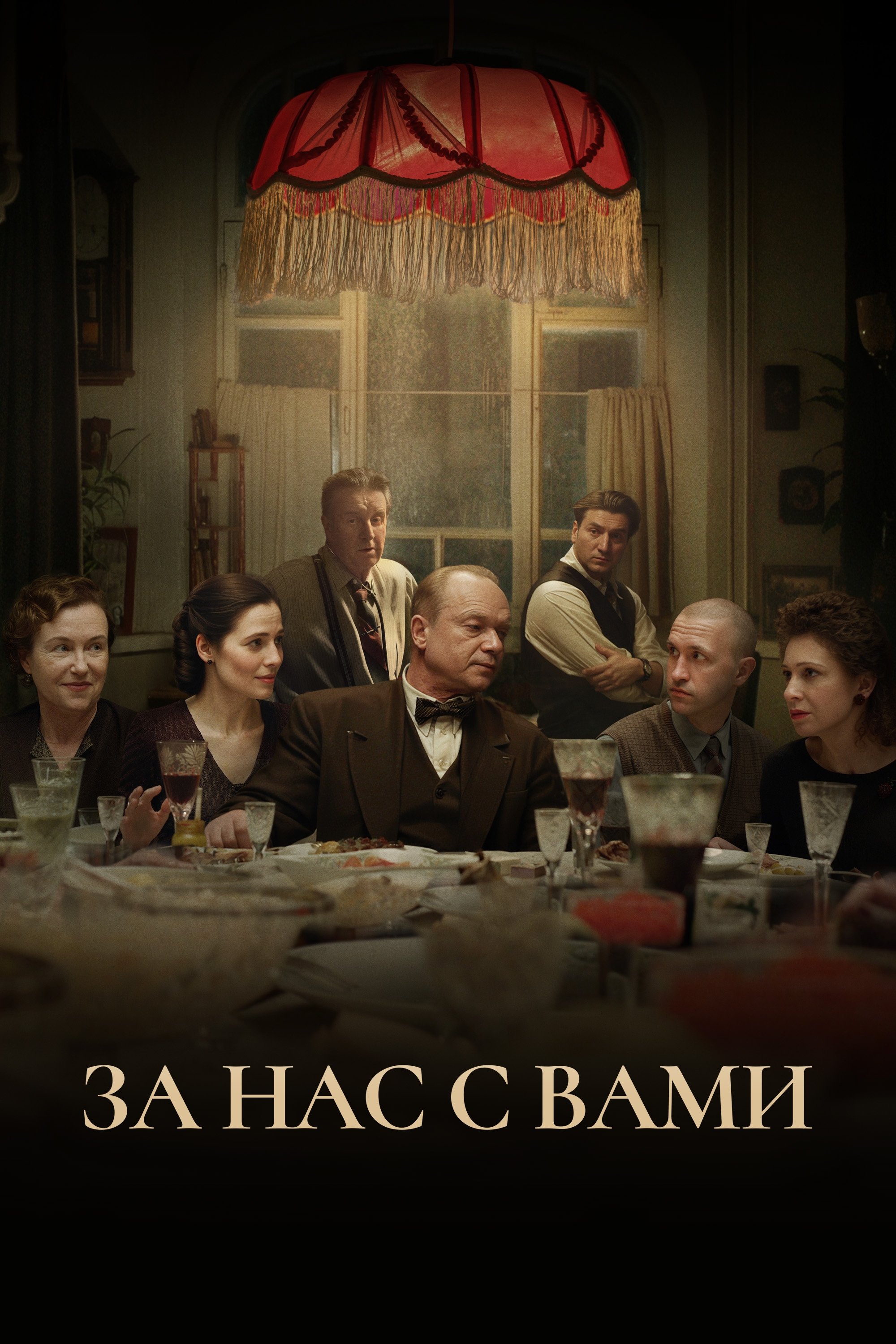
Moscow, 1952, mid-October, the XIX Congress of the CPSU had just ended. A communal apartment on Bolshaya Pirogovka. In one of the rooms lives the Petkevich family: Ariadna with her husband Boris and her parents, professor of philosophy Peter Kazimirovich and his wife Angelina Fyodorovna. For those few months that remained until Stalin's death, the family experiences a series of dramatic events. But on a background of terrible time, antisemitism, fabricated "case of doctors", denunciations and snitches, there are people who live their lives without losing dignity.
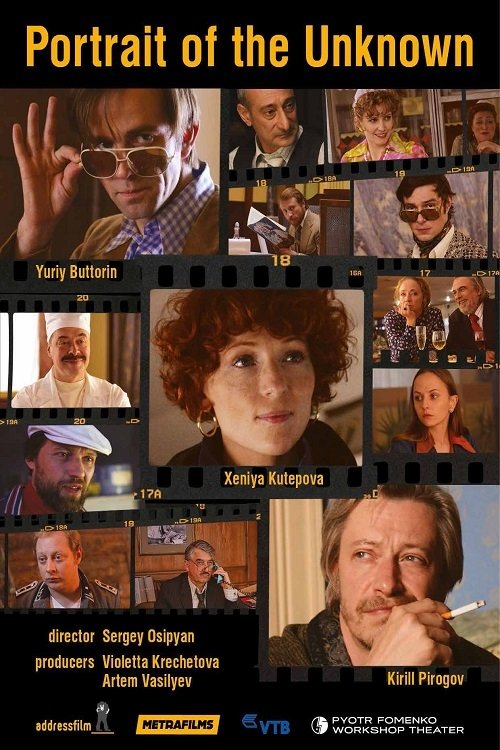
In a nostalgic Moscow of 1976, an unlucky actor meets a charismatic writer, a living classic of Soviet literature, who turns his life into a tragicomic farce with the artistic bohemia, foreign-currency prostitutes, the KGB staff and agents of the CIA.

The matriarchal clan led by gorgeous Margarita enters a turbulent period when her son loses his beloved fiancée. Using the structure of a repetitive ritual, the action spans years but takes place mostly during the annual gatherings of Margarita's extraordinary family in their mansion on New Year's Eve. Margarita believes in the magical 13th hour that can break the eternal circle of repetition, defeat death and bring her much-awaited love.
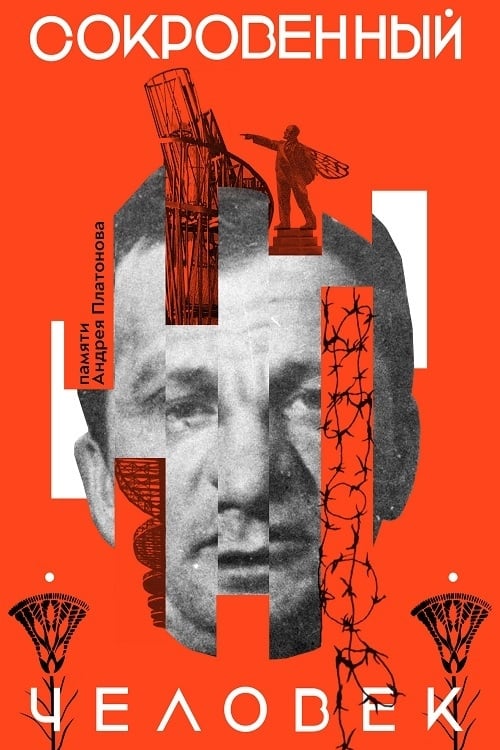
On October 25, 1917, construction of a new world began in Russia. One of the foremost workers in this construction was the writer Andrei Platonov. But a bright and fair future, his art and literature were seen by everyone in different ways. Its truth became impossible, and the new world was not built in the way it was conceived. Demanding millions of lives for its existence, a brighter future took the life of the writer’s son, who was arrested at the age of fifteen, and then Andrei Platonov himself. The story of the creation and death of the new world in seven days.

It portrays the memories of Matilda Kshesinskaya and her love affair with the last Tsar of Russia, Nicholas II. Matilda, a Polish-born ballerina from the Mariinsky Theatre in St. Petersburg, had a brief and intense romance with Nicholas between 1892 and 1894, before Nicholas married Alexandra Feodorovna and was crowned Tsar after his father's death. It also explores their relationship, facing societal pressures and interference from Nicholas's mother, Empress Maria Feodorovna, as well as Matilda's involvement with other members of the imperial family, the Romanovs, such as Grand Duke Sergei Mikhailovich and Grand Duke Andrei Vladimirovich.
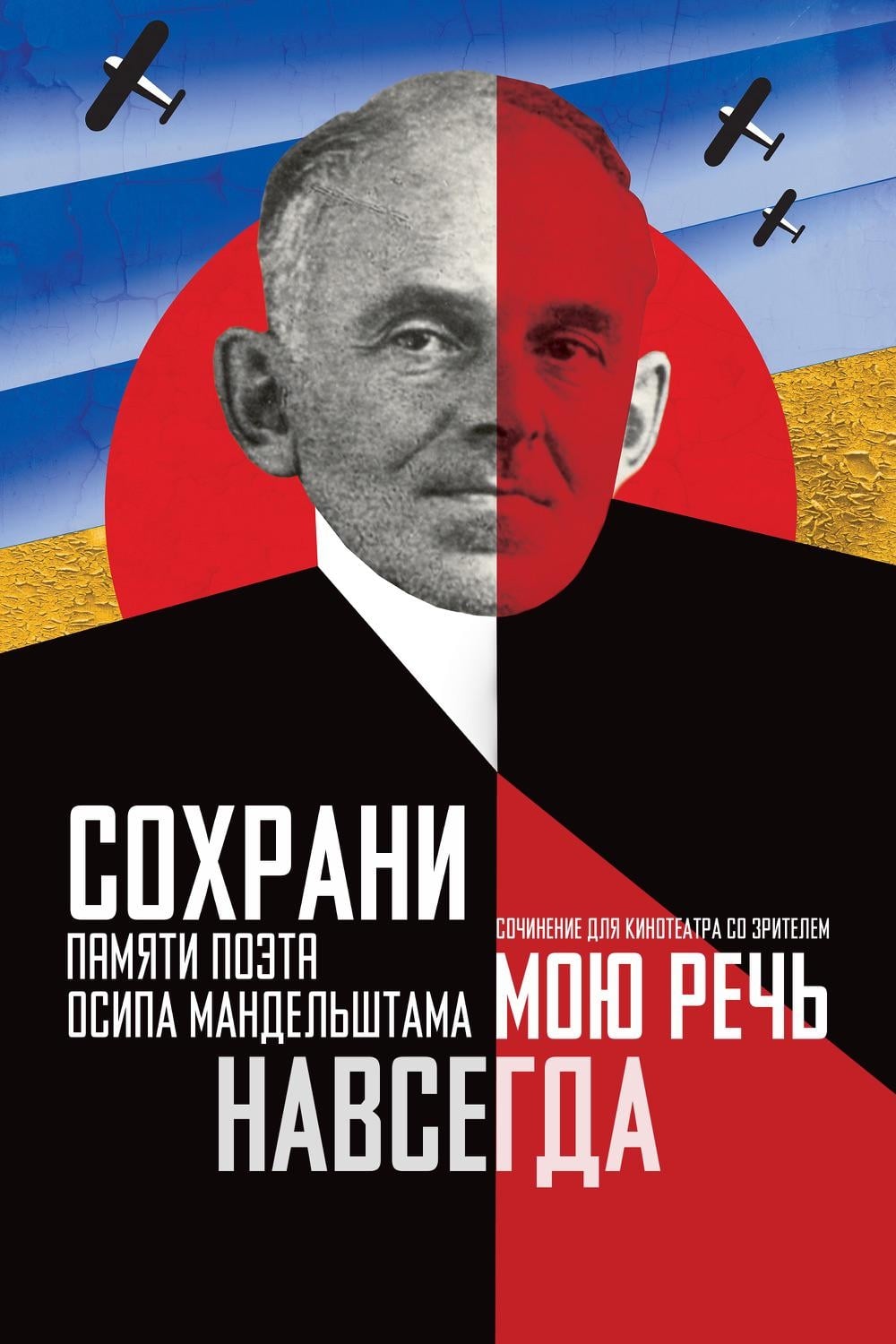
This is the story of the poet Osip Mandelstam, recreated at the intersection of the arts and genres: puppet theater, design, computer graphics, documentary. The rebellious spirit of Mandelstam's poetry sounded a challenge to the authorities, and their author was destroyed by a state machine - he died in a transit camp. Much of what he wrote could not have been preserved had it not been for her husband Nadezhda, who taught his works by heart, copied manually-in anticipation of times when they could be published.
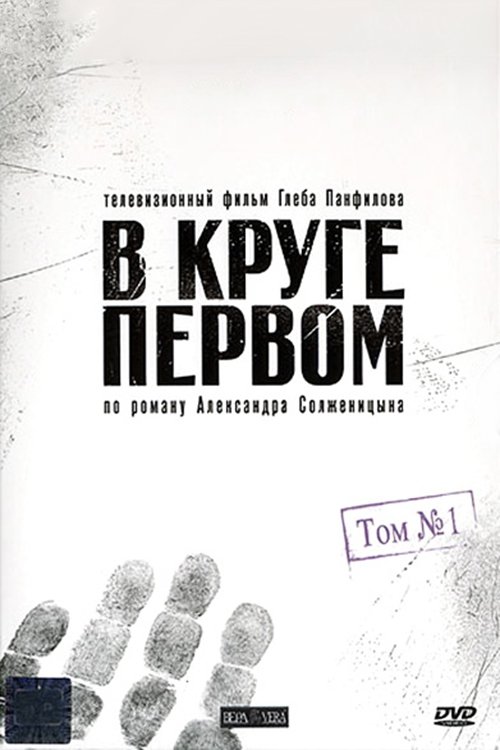
The story is set in a relatively comfortable Stalin-era prison in the town of Marfino where a community of prisoners with highly technical skills do research for the state. Based on the novel by Aleksandr Solzhenitsyn.
By browsing this website, you accept our cookies policy.